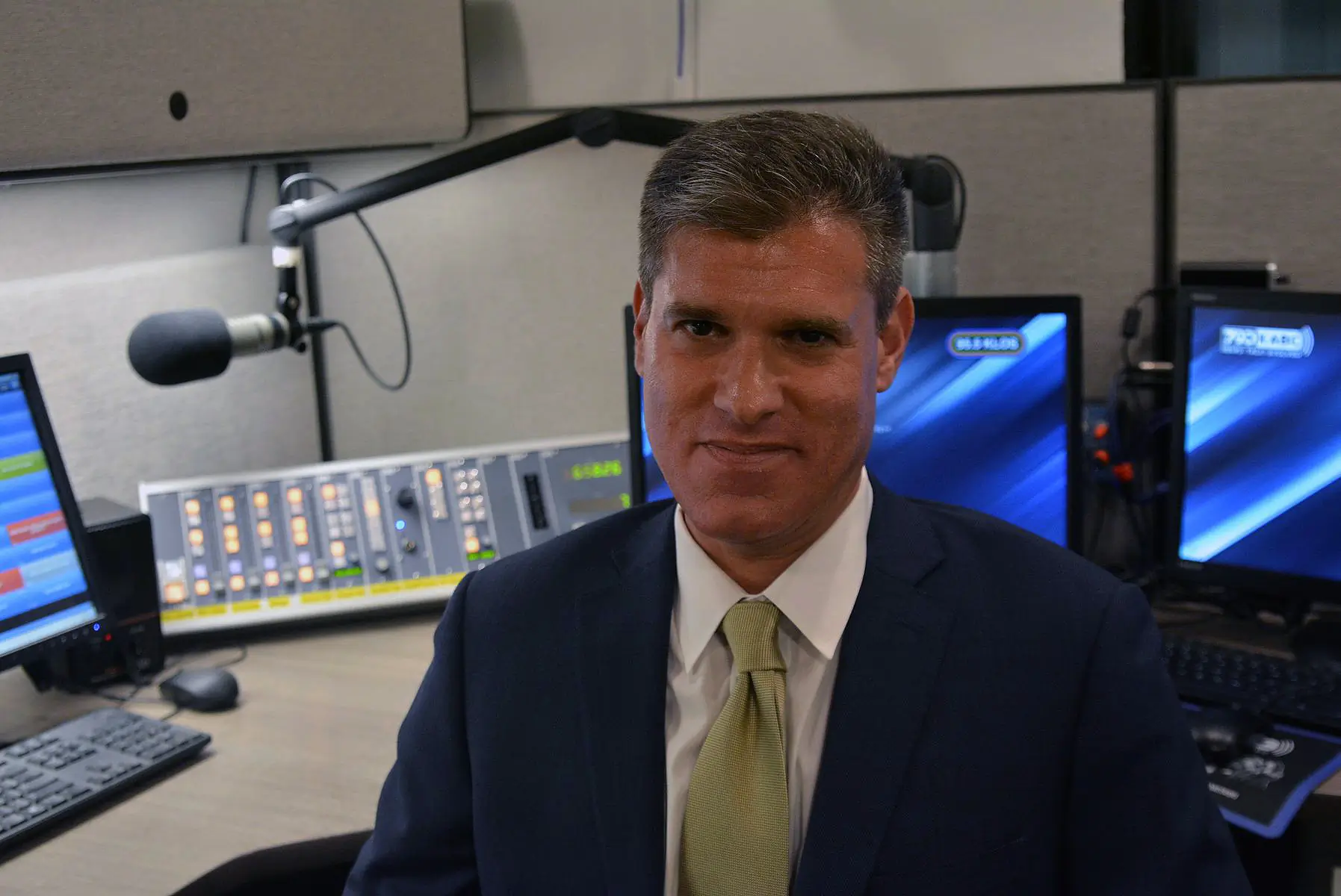SEXUAL HARASSMENT INVESTIGATIONS
On 105.1 FM, KKGO Los Angeles, Karl Gerber of the EmploymentLawyers Group said the following about sexual harassmentinvestigations:
Employers can really do to screw up a case if they don't properlyinvestigate sexual harassment complaints. There's a lot of conflict inthis for employers because if they do find sexual harassment, theydo a good investigation, you know what? That is an admissionsomething happened; there was sexual harassment. Well, that's a bigproblem, because they're going to lose the trial. There is going toprobably be evidence coming the trial that sexual harassment wasactually found. And, that's bad for the employer. They come up with alot of ways to make sure these investigations are no good.
 It might, however, be more due to incompetence, poor procedures, ora disbelief past employees are always angry at the employer, but insexual harassment investigations must employer do not contact pastemployees. That's a problem. If past employers know about thesexual harassment, then they should be contacted.
It might, however, be more due to incompetence, poor procedures, ora disbelief past employees are always angry at the employer, but insexual harassment investigations must employer do not contact pastemployees. That's a problem. If past employers know about thesexual harassment, then they should be contacted.
PAST AND PRESENT EMPLOYEES MAY BE WITNESSES TOSEXUAL HARASSMENT
As soon I get a sexual harassment the case, I'm talking to pastemployees. I'm subpoenaing them, I'm getting their depositions.They're testifying there was sexual harassment which makes theemployer look very bad if they didn't pursue witnesses during thesexual harassment investigation.
 Employers also put too much stock in asking the sexual harassmentvictim, who do you think are the witnesses? And they only interviewthose people. Horrible idea. Most employees don't really know what awitness is. I know what a witness is because I'm a lawyer. I've done 2,000 cases. I've probably taken over 10,000 depositions ofwitnesses. Lay people don't really know whether someone is the rightperson to testify on an issue, and they do not know how to provesomething. You don't ask lay people who are doing a job assemblingparts, who the witnesses are going to be.
Employers also put too much stock in asking the sexual harassmentvictim, who do you think are the witnesses? And they only interviewthose people. Horrible idea. Most employees don't really know what awitness is. I know what a witness is because I'm a lawyer. I've done 2,000 cases. I've probably taken over 10,000 depositions ofwitnesses. Lay people don't really know whether someone is the rightperson to testify on an issue, and they do not know how to provesomething. You don't ask lay people who are doing a job assemblingparts, who the witnesses are going to be.
EVIDENTIARY ISSUES IN SEXUAL HARASSMENTINVESTIGATIONS
A big problem for employers in sexual harassment investigations areclaims the investigator lost their notes on what the witness said. Wealso see cases where something is written on the notes saying abouta witness interview saying they are illegible or unreliable. In a caselast week there was an ex-employee who claimed she was sexuallyharassed and the sexual harassment investigator indicated she spoketo this person, but her notes do not say what the person said. There isjust a notation that says, "Interview unreliable." I think that was a coverup, the fact the woman said there was all kinds of sexual harassment,and she was sexually harassed, but there is just a vague note. That'sfraud. Employers or their lawyers cannot create a false result, a falserecord secreting evidence. That can lead to punitive damages.Punitive damages involve fraudulent conduct. And that's just not the
way to go. Something like that can make the employer have the paymore, increase the chance of the employee winning another one.In a case I just had the employer say they could not corroborate thesexual harassment when my client complained. Now another womancomplained about the same harasser and she complained during thesame period of time. My client was complaining and then complainedat the point my client was fired that month. If two women 20 yearsapart in age are both claiming this individual sexually harassed them,that is a problem for the employer to twice say there is nocorroboration and not fire that individual. It is a very bad decision onthe employer's part. I settled that case for more money than I think itwas worth. I think the employer did a very bad job of the investigationand definitely should not be saying there was a lack of cooperation inthe investigation.
When two women gave examples of what happened, my clienttestifying and another woman. I'll tell you, she was clear, she wasexplicit about the sexual harassment. It was very descriptive. And itdid not seem like she could have possibly been making it up. And thenthe employer said, oh, well, these women must have been in cahoots.And when the employer started saying, everyone's in cahoots whohas sued for sexual harassment. Come on.Big time conspiracy theories don't work either way. Hopefully myclients are not trying to tell me about big time conspiracy theorieseither. I think those are very hard to prove. It's hard enough to provethat somebody really wanted you fired, but they're not the one whomade the decision. But, you know, some of these conspiracy theoriesare a lot more complicated than that.Karl Gerber can be reached at (661) 412-9600




